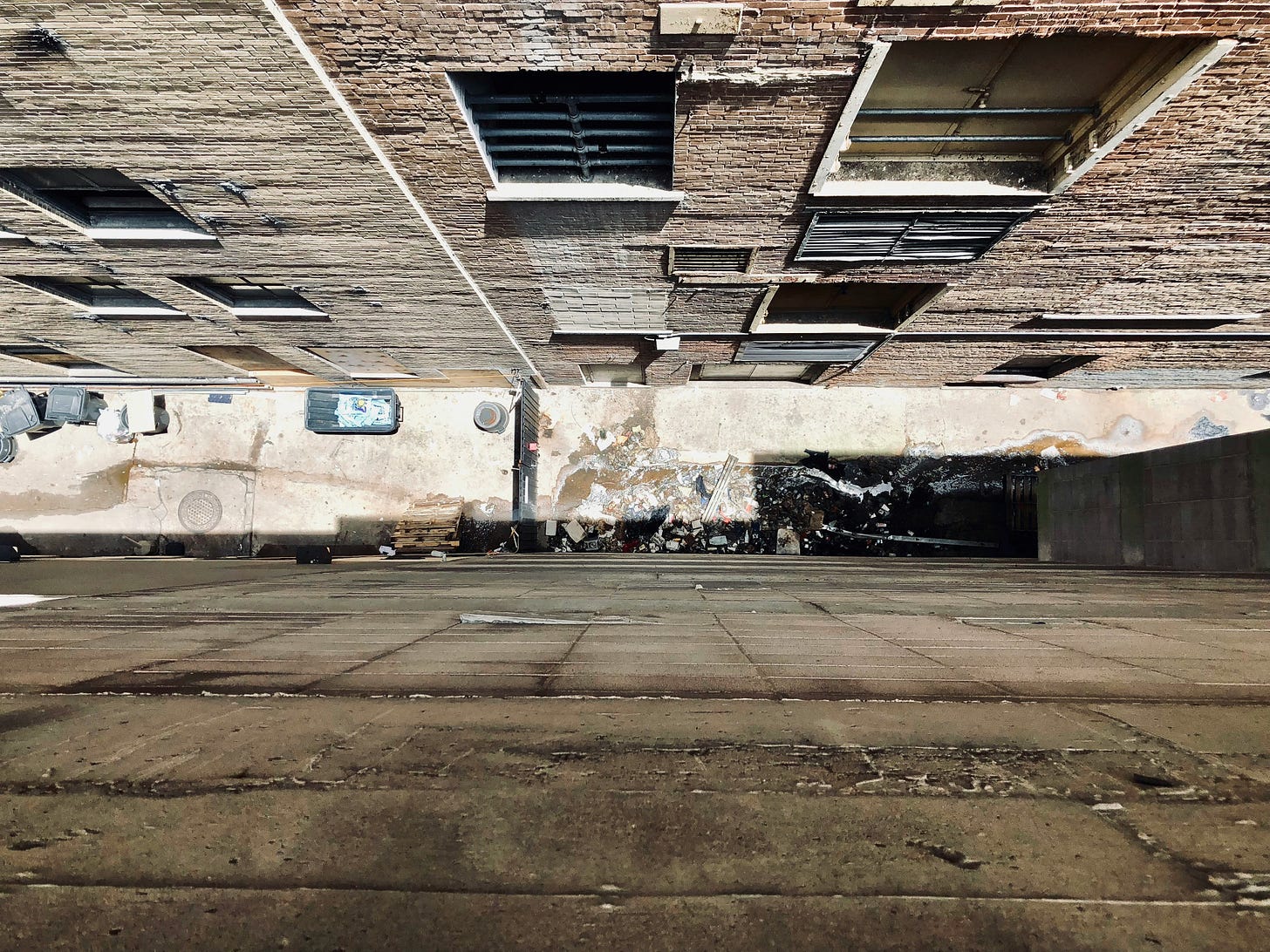Embracing Imperfect Action
The tyranny of perfect clarity, why waiting kills Innovation?
We all seek clarity. It’s comforting, feels responsible, and promises fewer missteps. For founders, leaders, and builders, the allure of a 100% clear roadmap before taking action is incredibly powerful.
And it’s killing innovation.
I’ve seen this pattern play out repeatedly, both in my own journey building Hire.Inc and observing countless other startups. People, often highly intelligent ones, get paralyzed. They run another analysis, wait for one more data point, seek final stakeholder alignment, or simply get stuck trying to predict every possible outcome.
The result? They wait forever. Or, worse, they launch a perfectly clear plan into a world that has already moved on.
.
The Myth of Predictable Progress
Life, and especially building a company, doesn’t come with a crystal ball. Innovation isn't a linear march; it’s a chaotic dance with uncertainty.
The "obsession with perfect clarity" is often a disguised form of fear of failure, or a misunderstanding of how compounding knowledge works. We mistakenly believe that a perfectly designed first attempt will save us time and resources.
But the most successful ventures aren't built on flawless blueprints. They're built on a foundation of what often feels like "wasted" efforts.
Embracing "Iterative Learning" (Not Waste)
Every attempt, even the one that 'sucks,' is a critical data point. Each failed feature, each rejected pitch, each product that doesn’t quite hit the mark, these aren't dead ends. They are the most valuable fuel for your ultimate breakthrough. This isn't waste; it's iterative learning.
Think of it like an early-stage scientific experiment. You don't have all the variables controlled.
You run a test, gather data, adjust your hypothesis, and run another. Rapid cycles of experimentation lead to faster understanding and more robust solutions.
The smartest people I've worked with didn't wait for perfect conditions. They embraced:
Calculated Risk: Identifying the core assumptions and testing only those.
Rapid Iteration: Shipping V0, gathering real-world data, and improving based on actual user feedback, not internal predictions.
Bias for Action: Understanding that the cost of delay (missed opportunities, slower learning) far outweighs the risk of imperfect execution.
Your First Attempt Will Absolutely Suck. And That's How You Win.
Your V0 will probably be flawed. Your second might be marginally better. By your tenth, you might just be onto something truly revolutionary.
The 'cost' of those early attempts is an investment in learning, dramatically de-risking the later, larger bets.So, stop chasing mythical perfect clarity.
Your competitive advantage in today's market is your speed of learning, not your speed of planning.
Start now. Ship. Learn. Iterate faster than anyone else.
That’s how you build companies that shape the future.


